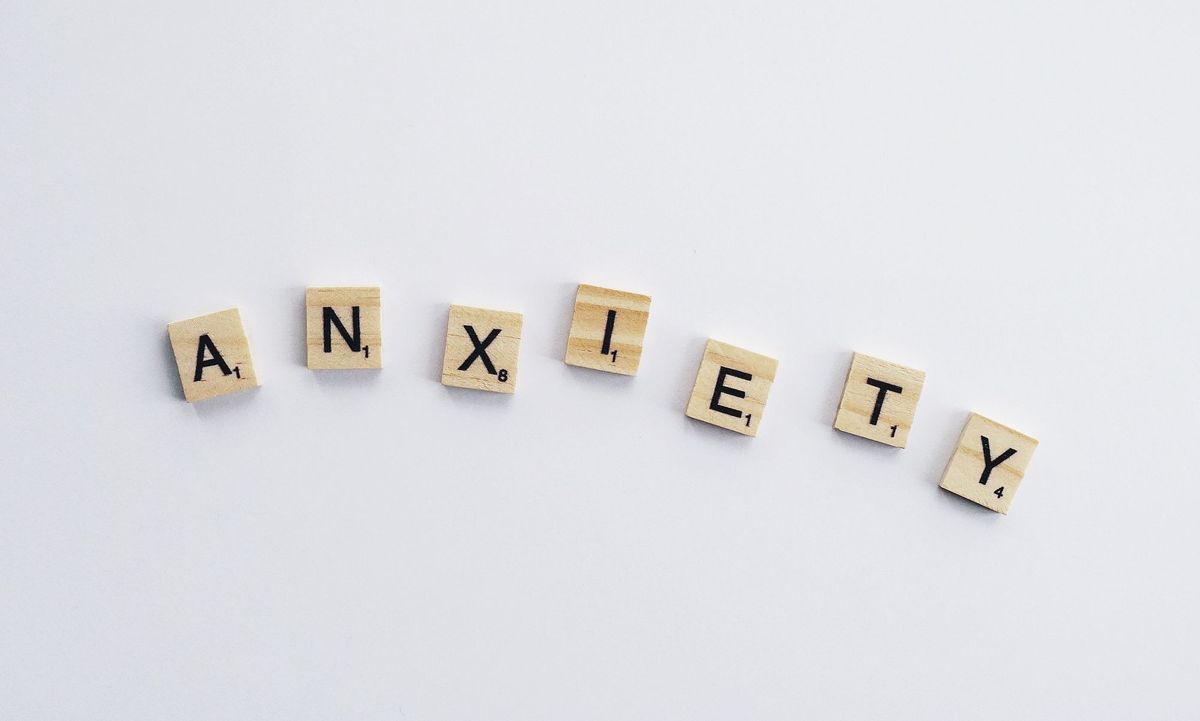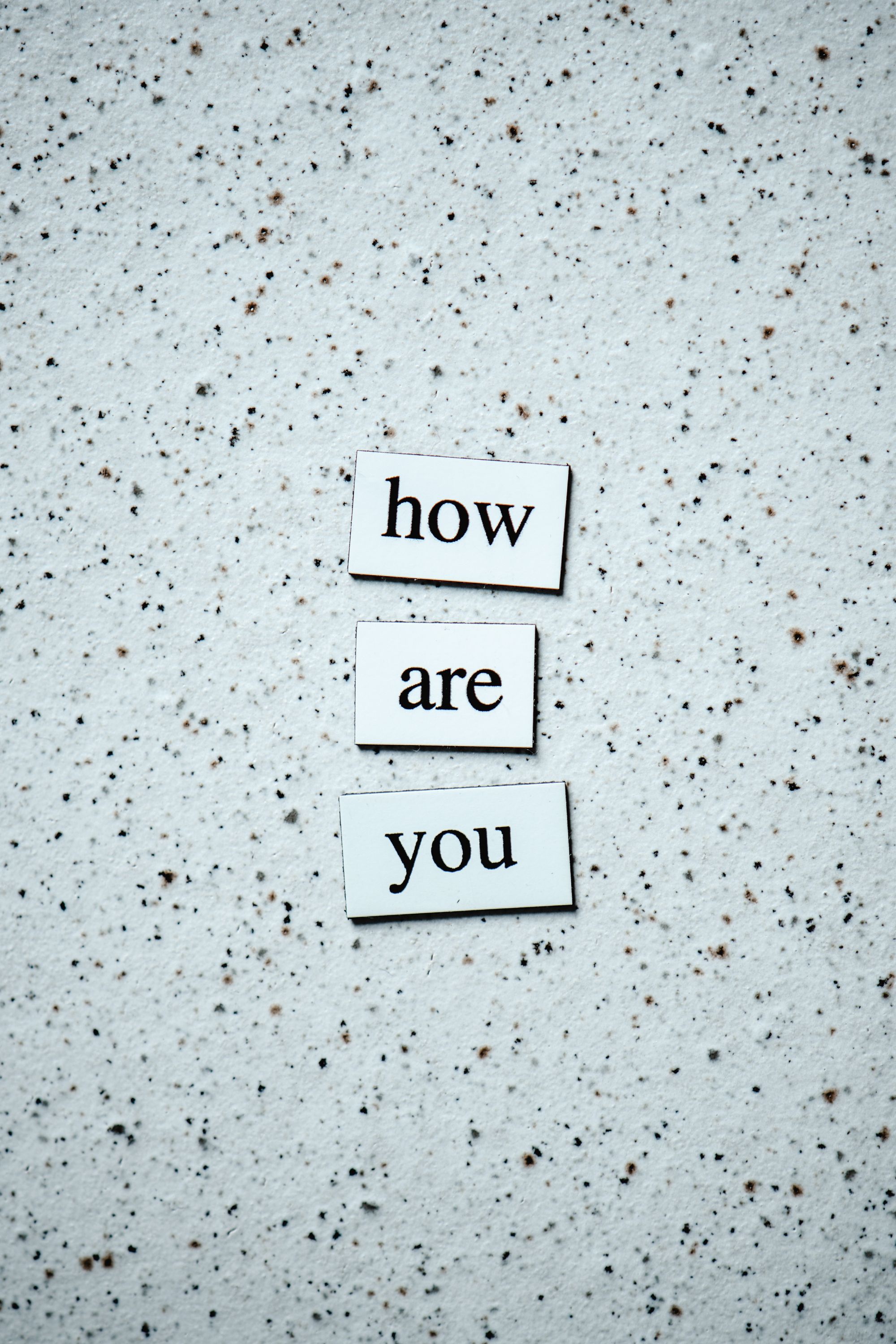Performance Anxiety at Work: Meaning, Causes and Treatments
Here’s how you can deal with performance anxiety at work by understanding the triggers and responding appropriately.

Nervousness or ‘butterflies in the stomach’ before a presentation or performance are natural. However, when this response becomes too frequent and causes a great amount of distress, or affects performance and thinking, it turns into a mental health issue. Let’s dive into the common, but misunderstood, phenomenon of performance anxiety, and learn how to deal with performance anxiety at work.
What is performance anxiety?
Performance anxiety at work refers to a situation where an individual’s performance gets affected due to excessive fear of judgement from others or anxiety about their performance. Performance anxiety is a type of work-related anxiety. It is a condition in which the person affected cannot perform in front of others or struggles with completing a project.

A person having performance anxiety is usually calm and comfortable around people, but dreads the idea of performing in front of others, even if it is their friends at work.
Prolonged performance anxiety can have side effects. It impacts work and confidence and can also lead to issues like self-consciousness, low self-esteem and feeling low. Falling sick frequently and taking leaves often, missing out on deadlines, poor quality work, no time management, distraction at work, physical pain and fatigue are also possible effects of anxiety.
How to recognise performance anxiety at work
Symptoms of peformance anxiety are similar to the common signs of anxiety, such as:

- Increased heart rate
- Breathlessness
- Sweating
- Dry mouth or tightness in your throat
- Trembling
- Nervousness
- Restlessness
- Feeling sick or nauseous
- Excessive worrying
- Brain fog or difficulty concentrating
- Feeling ‘on edge’
Sometimes you may be so used to your anxiety that you may not even notice these symptoms. If you, or a colleague at work, are showing these signs over a sustained period, it may be time to seek an expert’s help.
What are the causes of performance anxiety?
Performance anxiety at work can have multiple causes or factors behind it. Some people have a predisposition to anxiety disorders. In other cases, the environmental response may aggravate their condition.
Also read: Wellbeing: Basics and Best Practices
People with performance anxiety have a fear of being judged by others for their performance. This fear can rise from past experiences where they were judged harshly or met with critical comments. This could be from their previous workplace or even during schooling. Criticism or insults, when repeated, can reinforce a fear of performance, ultimately leading to performance anxiety at work.
Putting too much pressure to perform well, setting very high expectations, poor work-life balance, and organisational cultures where results are prioritised over employee mental health are also contributing causes of performance anxiety.
Try Manah's free emotional wellbeing assessment now!
How to deal with performance anxiety
There is a lot you can do to help yourself or your colleagues cope with anxiety at work. The first step to dealing with performance anxiety is to recognise that you have anxiety. Stay away from unhelpful habits like binge-eating, having caffeinated drinks before your presentation or meeting, or talking to people who either do not understand your ordeal or make you feel worse.
Here are some other tips to deal with performance anxiety at work:
Communicate with your manager
Performance anxiety at work often has external causes, like a demanding boss, high work pressure, excessive stress, or similar reasons. Hence, it is worth speaking to your manager or team leader to try and fix the trigger.
Leaders often don’t realise that their method of boosting group morale may cause distress to some members, despite their best intentions. Communicating openly about how you feel doesn’t just reduces the pressure on you, it may also help your boss or manager reflect on their approach to team management.
Also read: Leaders, Watch Out for These Signs of Deteriorating Mental Health in Your Teams
Talk to a therapist
One of the best ways to manage performance anxiety is by speaking to an expert. A therapist or counsellor can help you manage your symptoms by exploring helpful patterns and behaviours to deal with your current and future situation.
Meditation
Meditation is known to help with anxiety, including performance anxiety. Controlled breathing, mindfulness and other meditative strategies can help you relax before your performance. Meditation helps you find anxiety-provoking thoughts and redirect them. It is a skill built over time, so make sure you meditate often.

Self-awareness
When dealing with performance anxiety at work, it is important to know the root cause. Without knowing what is causing you so much stress, it will be difficult to improve your situation. Even if the situation (e.g., giving a presentation) cannot be changed, there is probably something you can do to change how you feel about it.
Self-help
Self talk and reading articles and books on anxiety management are also helpful. If your workplace performance anxiety is coming from a place of insecurity or fear of not doing well, then practising for your presentation can help. Use prompts and cards to help you recall important points during the presentation.
It is also important to not let anxious thoughts take over. Visualise a successful presentation or performance and do not give space to thoughts about what could go wrong.
Also read: Self-care Lessons from the World’s Top CEOs
Talk to someone
It always helps to have someone in your workplace whom you can talk to when your anxiety starts acting up. Make sure this person has some knowledge about dealing with anxiety at work and is not giving you advice that might make you feel worse.
Talking to someone and letting out your feelings will give you more clarity and help you deal better with workplace performance anxiety.
Taking a walk, or doing something fun with your work friends could also help. Get out of your workspace, share a meal, or talk about things that make you happy and excited.
Living with performance anxiety can make your work and life more difficult. If you have tried to manage your anxiety but failed, it may be time to seek professional help. They will be able to guide you to a better solution.
We hope this blog has added to your knowledge about performance anxiety in the workplace. For more such content, keep following Manah Wellness blogs.
Are you an HR or business head, an entrepreneur, or a team leader? If the well-being of your team is a priority, Manah can be your go-to partner. Do check out our services:
Wellbeing Ambassador Programme
Wellbeing Assessments for Employees
Employee therapy and counseling
Wellbeing challenges for organisations.




